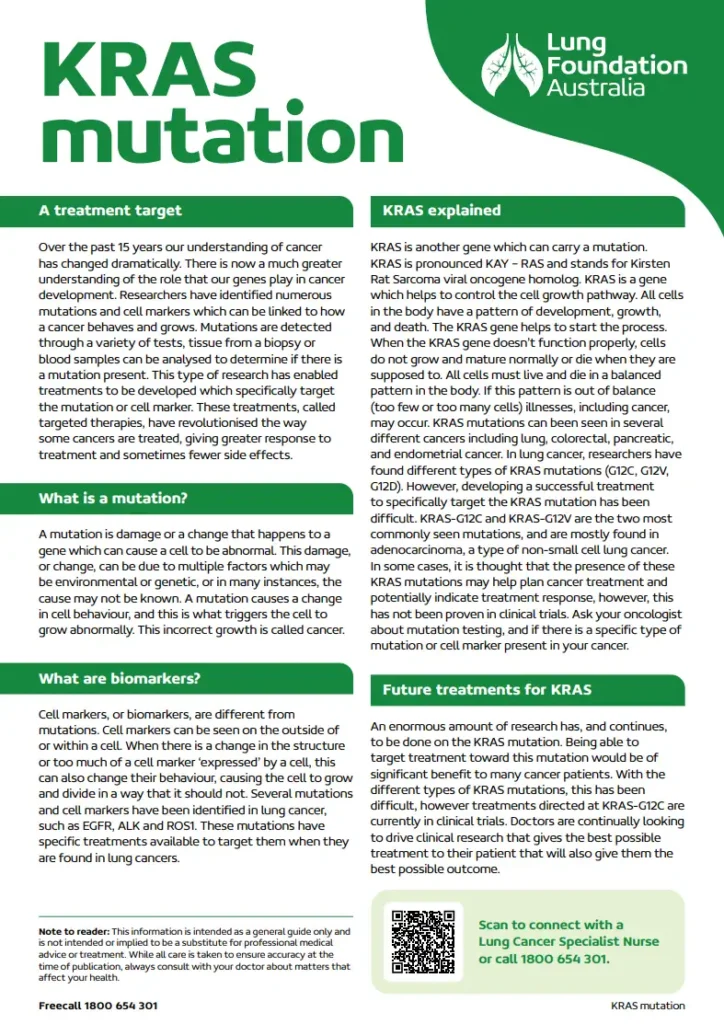Over the past 15 years, significant advances in cancer research have greatly enhanced our understanding of how genetic mutations influence cancer development, progression, and response to treatment. One of the key mutations studied is in the KRAS gene—short for Kirsten Rat Sarcoma viral oncogene homolog. This gene plays a vital role in regulating cell growth, differentiation, and programmed cell death. When KRAS becomes mutated, it can cause cells to grow uncontrollably, contributing to the development of various cancers.
KRAS mutations are commonly found in several types of cancer, including lung, colorectal, pancreatic, and endometrial cancers. In non-small cell lung cancer (NSCLC), particularly adenocarcinoma, the most frequent KRAS mutations detected include G12C, G12V, and G12D. These mutations interfere with normal cell signalling pathways, leading to abnormal cell survival and proliferation.
Historically, KRAS mutations have been challenging to target with drugs, unlike other mutations such as EGFR, ALK, and ROS1, which have well-established targeted therapies. However, there are targeted therapies being investigated to target the KRAS mutation. These therapies aim to inhibit the faulty signalling caused by the mutated KRAS protein and are currently being evaluated in clinical trials.
KRAS mutations are typically identified through tissue biopsy or blood-based liquid biopsy tests. Detecting these mutations helps guide treatment decisions, although the impact of KRAS mutations on treatment response is still being actively researched. Biomarkers—distinct from mutations—also provide valuable insights into tumour behaviour and help refine treatment strategies.
Treatment options for KRAS-mutant lung cancer may include chemotherapy, immunotherapy, or participation in clinical trials exploring new therapies. Immunotherapy has shown promise in some patients, and ongoing research is focused on combination treatments and overcoming drug resistance.
Patients are encouraged to discuss mutation testing with their oncologist to better understand their diagnosis and explore personalised treatment options.
Was this page helpful?
Good job! Please give your positive feedback
How could we improve this post? Please Help us.
